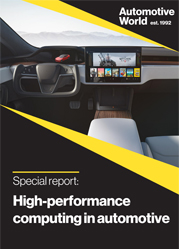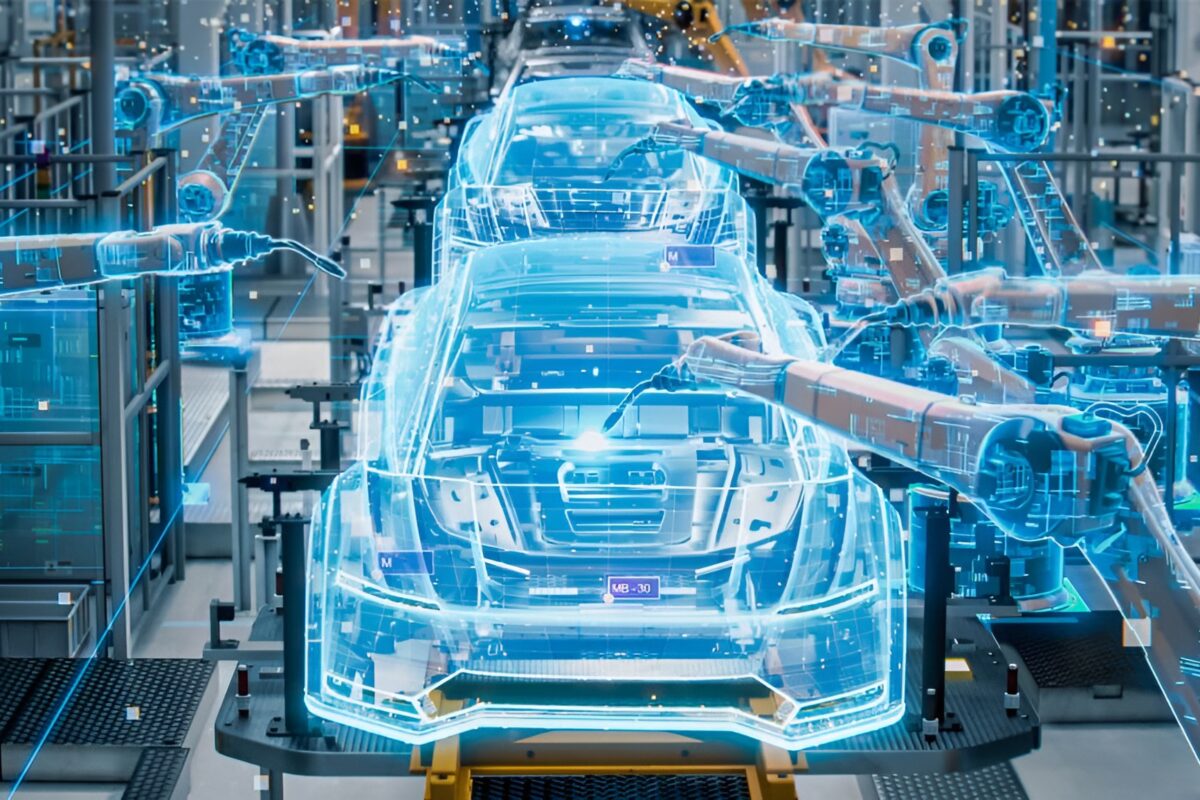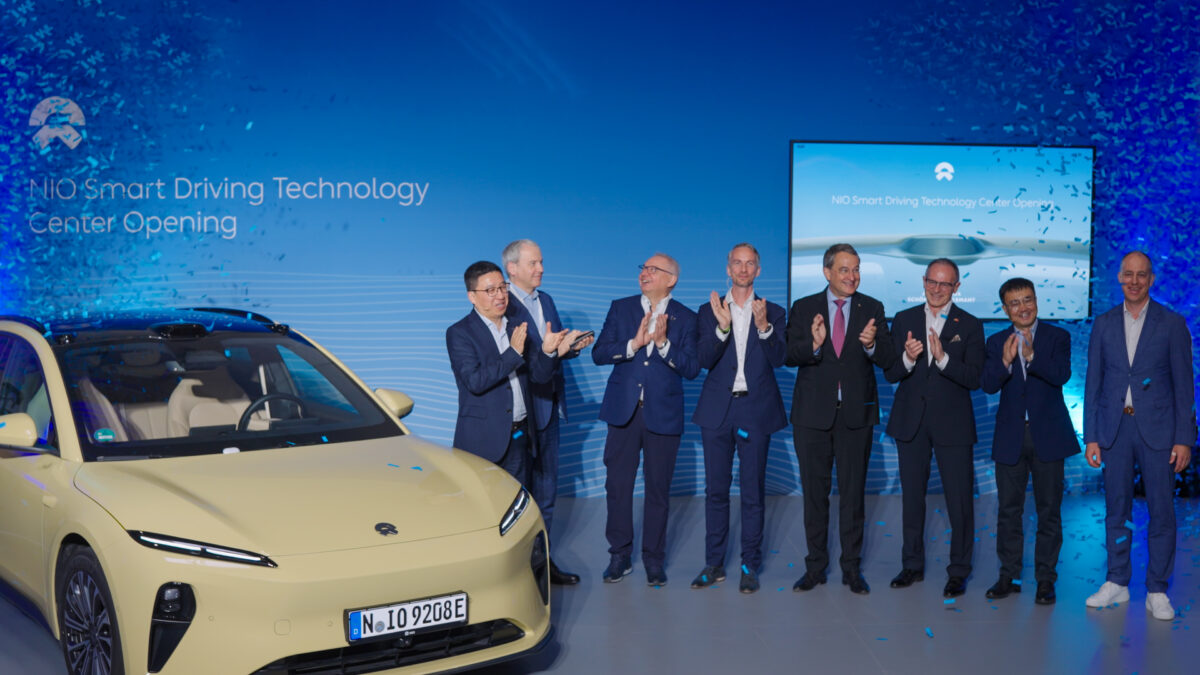 |
Digital cockpits and autonomous driving have brought new demands in terms of computing power and processing. Automakers are scouting for ways to reverse an increase in hardware complexity and run more functions through one operating system (OS).
The challenge in recent years has been the growing number of electronic control units (ECUs) entering the vehicle. These discrete ‘mini computers’ can control anything from the door locks and lights to parts of the powertrain. Modern vehicles might contain upwards of 100 ECUs, but consolidation is seen as a logical—and necessary—next step.
The industry has begun to avoid using many small computers and is instead looking at high-performance computing (HPC) platforms. These use domain controllers that can control multiple functions, and are considered the next frontier for
It’s time to log in (or subscribe).
Not a member? Subscribe now and let us help you understand the future of mobility.
Scroll
News
Magazine
Articles
Special Reports
Research
OEM Tracker
OEM Model Plans
OEM Production Data
OEM Sales Data
1 user
- News
- yes
- Magazine
- yes
- Articles
- yes
- Special Reports
- yes
- Research
- no
- OEM Tracker
- no
- OEM Model Plans
- no
- OEM Production Data
- no
- OEM Sales Data
- no
1 user
- News
- yes
- Magazine
- yes
- Articles
- yes
- Special Reports
- yes
- Research
- yes
- OEM Tracker
- yes
- OEM Model Plans
- yes
- OEM Production Data
- yes
- OEM Sales Data
- yes
Up to 5 users
- News
- yes
- Magazine
- yes
- Articles
- yes
- Special Reports
- yes
- Research
- yes
- OEM Tracker
- yes
- OEM Model Plans
- yes
- OEM Production Data
- yes
- OEM Sales Data
- yes
- News
- yes
- Magazine
- yes
- Articles
- yes
- Special Reports
- yes
- Research
- yes
- OEM Tracker
- yes
- OEM Model Plans
- yes
- OEM Production Data
- yes
- OEM Sales Data
- yes



